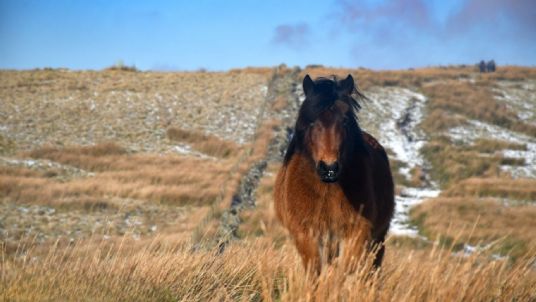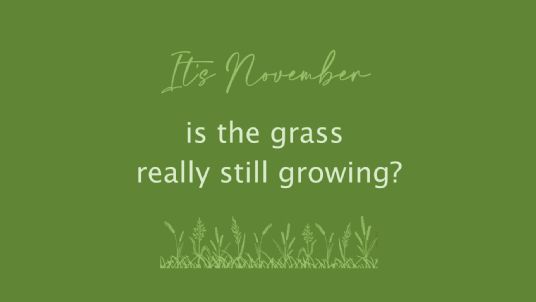Working with Nature for Winter Weight Loss
In the wild, with unrestricted access to pasture, horses would spend the summer “stocking up†by eating nutritious grass - and plenty of it - to aid them in building a thick coat and laying down excess weight...



